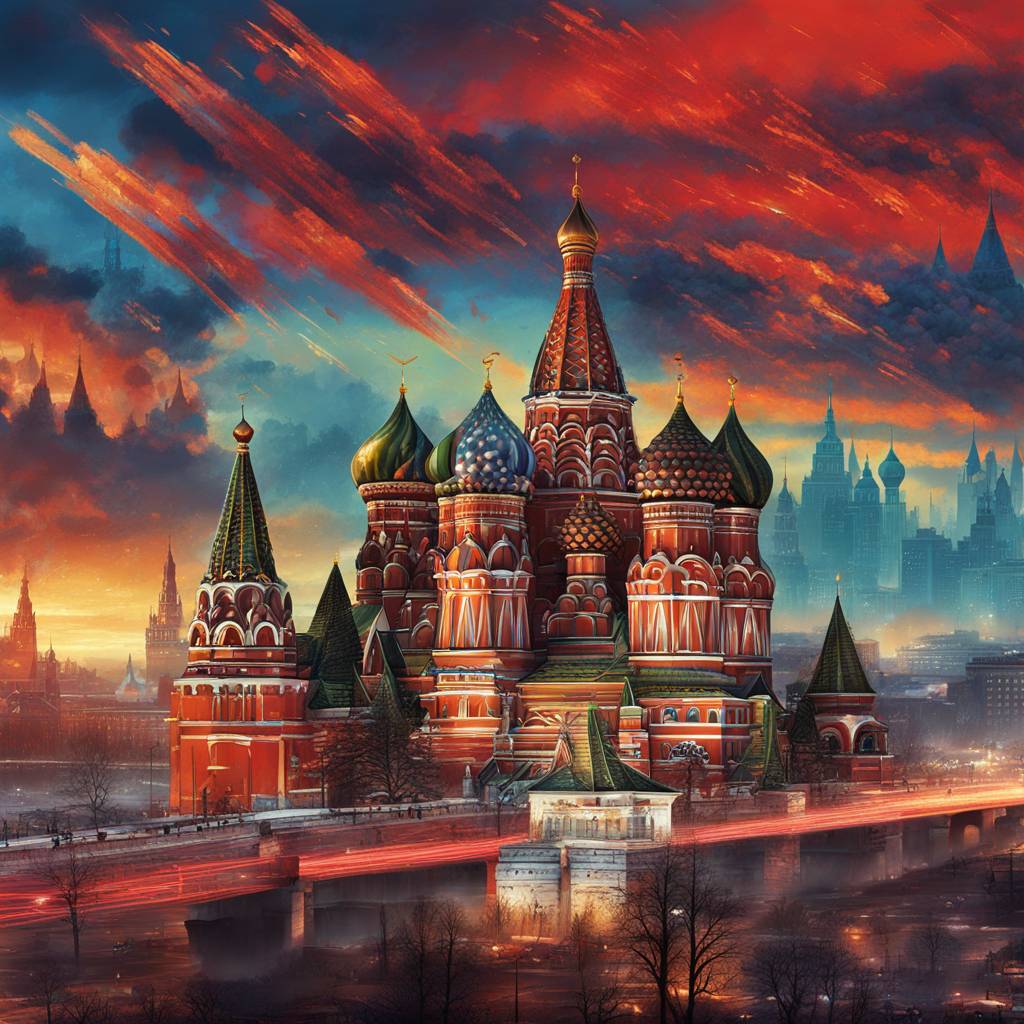Two weeks before a deadly attack on a concert hall in the outskirts of Moscow that left over 130 individuals dead, the U.S. embassy issued a warning to Americans to avoid large gatherings, including concerts, due to imminent plans by extremists. The Islamic State group claimed responsibility for the attack, which Russian officials initially attributed to Ukraine. Russian President Vladimir Putin criticized the U.S. warnings as blackmail just days before the attack, prompting the State Department to confirm the intelligence about a planned terrorist attack in Moscow and share this information with Russian authorities in accordance with their “duty to warn” policy. U.S. Secretary of State Antony Blinken condemned the attack, offering condolences to the families affected and expressing solidarity with the people of Russia. Putin also denounced the attack as a “bloody, barbaric terrorist act” and announced a national day of mourning.
During the televised address to the nation, Putin revealed that security measures have been heightened throughout the country following the attack, which is considered the deadliest in over 20 years. All four direct perpetrators of the attack were found and detained, with suggestions of a potential Ukrainian link to the violence. Ukrainian President Volodymyr Zelenskyy denied any involvement by his nation, emphasizing that it was a terrorist act. The gunmen, dressed in combat gear, stormed Crocus City Hall where concertgoers were present to hear the band Picnic. Video footage showed gunmen firing at attendees at close range, throwing explosives, and setting off smoke bombs. The theater’s roof collapsed as a result, leading to a massive fire that trapped some individuals inside.
The intelligence community believes that the ISIS affiliate in Afghanistan, Islamic State Khorasan or “ISIS-K,” orchestrated the attack on the concert hall in Moscow, similar to the group’s involvement in the deadly attack at Abbey Gate during the U.S. withdrawal from Afghanistan in 2021. The Federal Security Service (FSB) of Russia and other law enforcement agencies are actively working to identify the entire terrorist support base, including those implicated in providing transport, planning escape routes, and concealing weapons. The criminals behind the attack on the concert hall were described as cold-blooded and purposeful in their efforts to kill innocent civilians. As firefighters battled the blaze at the theater and Russians mourned the loss of lives, Putin declared a day of mourning and vowed to bring those responsible for the attack to justice.
Following the concert hall attack, a soccer match between Russia and Paraguay was canceled, and additional security measures were implemented across the country. The attack, characterized by Putin as a carefully planned act of mass murder targeting peaceful civilians, highlighted the need for increased vigilance and security measures to prevent future incidents. The U.S. government’s warning to its citizens in Russia, based on intelligence about an imminent terrorist attack, underscored the broader global threat posed by extremist groups like ISIS-K. The aftermath of the attack prompted an outpouring of support and solidarity from both domestic and international communities, as efforts continue to identify and apprehend all those involved in planning and executing the tragic event.




